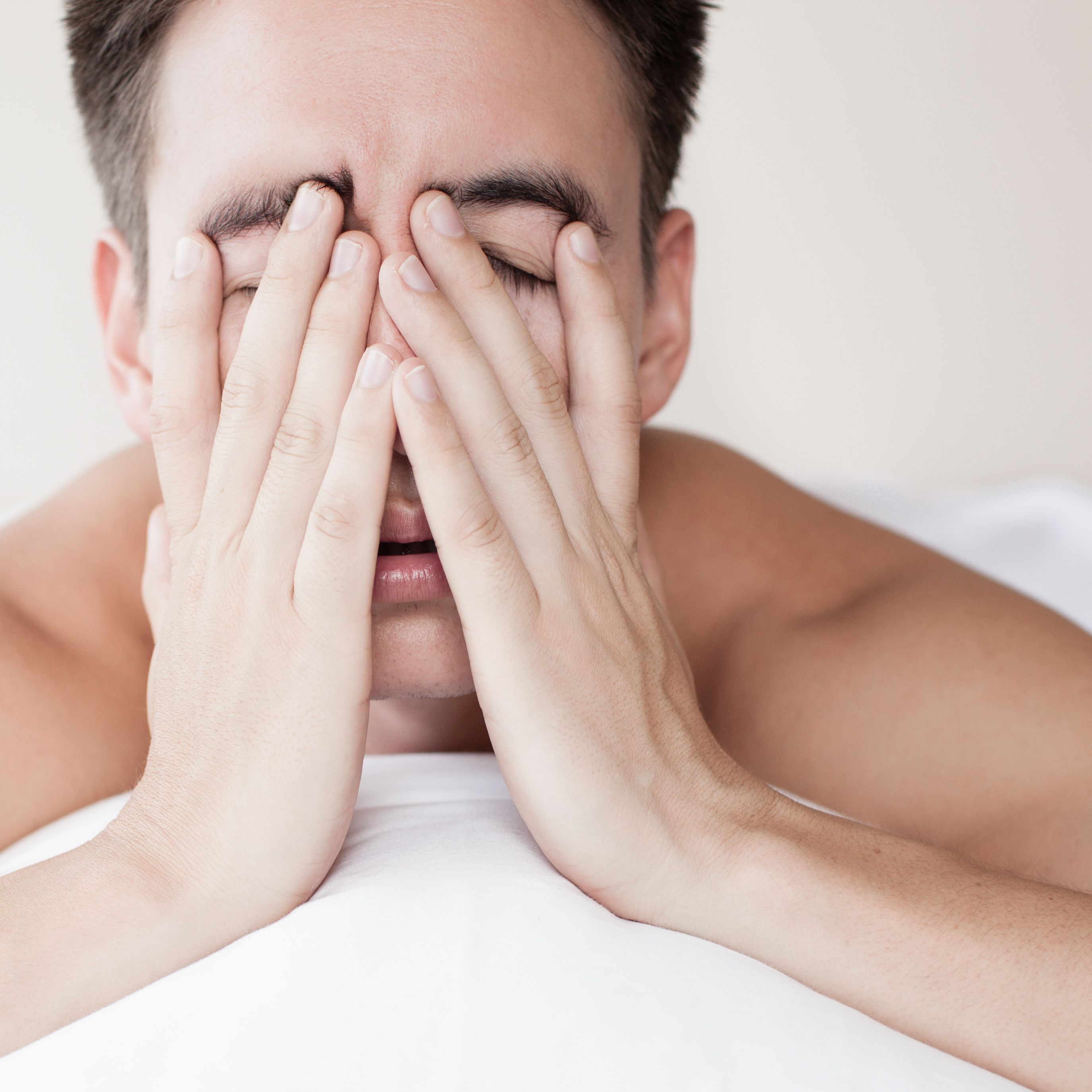The Harmful Side Effects of Sleep Apnea
 Sleep apnea is more than snoring. Sleep apnea is a sleep disorder in which upper airways constrict during sleep, forcing a person to wake and catch their breath. Sufferers of sleep apnea can awaken 30 times or more per hour during the night. Sleep apnea side effects, ranging from mild to serious, can arise in patients who wake up at an even lower frequency.
Sleep apnea is more than snoring. Sleep apnea is a sleep disorder in which upper airways constrict during sleep, forcing a person to wake and catch their breath. Sufferers of sleep apnea can awaken 30 times or more per hour during the night. Sleep apnea side effects, ranging from mild to serious, can arise in patients who wake up at an even lower frequency.
Drs. Charles Casey and Patrick Casey of Smile Montreal, in Montreal, QC, have been treating sleep apnea for years. They focus on the latest technologies and advanced education for their staff, which allows patients to get back to sound sleep as soon as possible. Let’s go over the common side effects of sleep apnea, as well as health issues that may arise if the condition goes untreated.
Mild Sleep Apnea Side Effects
Examples of mild side effects of sleep apnea include:
- Snoring
- Dry mouth
- Headaches
- Short attention span
- Irritability
These common side effects can take a toll on your health and wellness over time.
Severe Sleep Apnea Side Effects
Severe cases of sleep apnea can result in more serious wellness issues. Those can, in turn, lead to more harmful health conditions. Some more serious complications include:
Excessive Fatigue
Repeatedly waking up during the night disrupts the sleep cycle, making fatigue during daytime hours likely. This may increase the likelihood of falling asleep during work or even while driving. School-aged children with sleep apnea may perform poorly in school or exhibit behavioral problems.
Heart Problems
Because blood oxygen levels drop suddenly during sleep apnea episodes, the strain on the cardiovascular system increases. Obstructive sleep apnea (OSA) forces the chest muscles and the diaphragm to overexert to open the airways, increasing the likelihood of hypertension, heart attack, stroke, and an irregular heartbeat.
Type 2 Diabetes
Sleep apnea can increase the risk of developing insulin resistance. When cells do not absorb insulin in a normal manner, blood sugar levels may rise. That rise in blood sugar levels increases the risk of developing type 2 diabetes.
Liver Problems
Abnormal results on liver function tests are more likely in individuals with sleep apnea. For these people, their livers are more likely to show signs of scarring.
Respiratory Problems
The deprivation of oxygen during sleep can increase the severity of asthma symptoms and those of chronic obstructive pulmonary disease, or COPD. Individuals may find themselves short of breath or unable to exercise for significant periods of time.
Surgical Complications
Because people with sleep apnea have problems breathing, the likelihood of developing complications after major surgeries increases. This is especially important to note when general anesthesia is administered, or when the patients are lying on their backs while recuperating.
Sleep apnea sufferers should be sure to inform their doctors of their condition and any treatment they are undergoing before any surgery.
Partners Who Also Develop Sleep-Related Issues
Sleep apnea can affect more than just one person. Loud snoring can cause anyone near a sleep apnea sufferer to be unable to sleep soundly. A partner may be awakened several times throughout the night and be forced to leave the room.
Uncompromising Sleep Apnea Treatment
Dr. Charles Casey, Dr. Patrick Casey, and the team at Smile Montreal care deeply about the health, comfort, and satisfaction of their patients. Call (514) 937-6558 or schedule an appointment online today to see how they can help you get back on the road to sound sleep.



